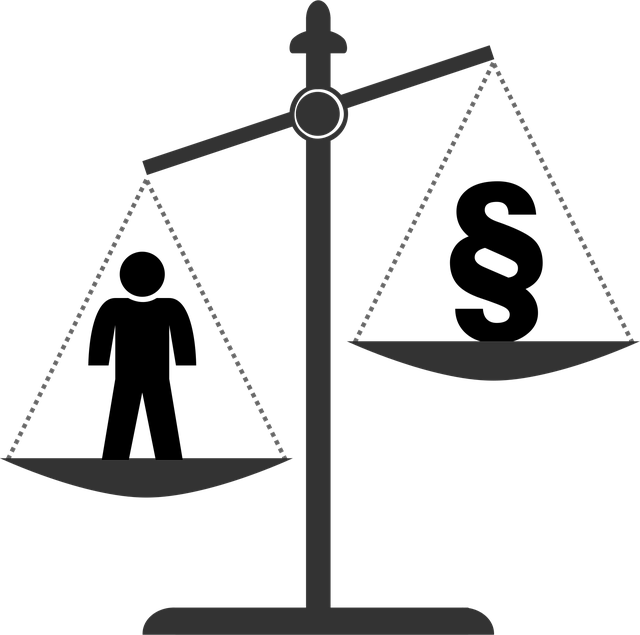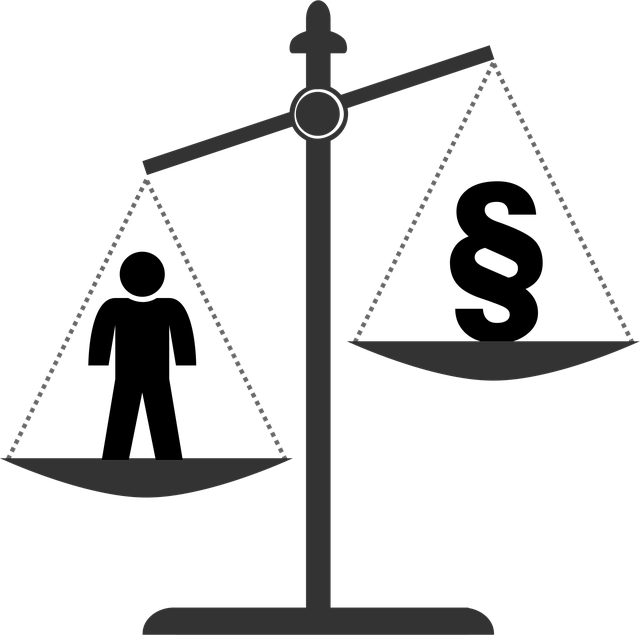Antitrust violation cases are legal battles focusing on market fairness, with defendants enjoying Sixth Amendment Rights in Court. These rights, including a fair trial and due process, ensure charges are proven beyond a reasonable doubt. Skilled attorneys defend clients against accusations like market power abuse, collusion, and anti-competitive practices, often leading to successful outcomes. Understanding these rights is vital for white-collar defendants facing complex antitrust cases involving multinational corporations. The legal processes involve gathering evidence, challenging prosecution claims, and proving that antitrust violations occurred. Effective defense strategies can mitigate risks and ensure business prospects remain intact. Global law firms guide businesses through antitrust compliance, preventing potential cases and enhancing criminal defense strategies by utilizing Sixth Amendment Rights in Court.
“Antitrust violation cases pose complex challenges for businesses and individuals, demanding a deep understanding of both legal principles and practical implications. This article navigates the intricate world of antitrust law, focusing on key aspects like defining and prosecuting these cases, the significance of Sixth Amendment rights for defendants, evidence collection in trials, and the far-reaching consequences for all stakeholders. By exploring recent case studies, we offer valuable insights into defense strategies and preventive measures, highlighting the importance of staying informed in today’s competitive landscape.”
- Understanding Antitrust Violation Cases: Definition and Relevance
- Sixth Amendment Rights: A Brief Overview for Defendants
- Legal Proceedings and Evidence in Antitrust Trials
- Impact on Businesses and Individuals: Consequences and Defense Strategies
- Preventive Measures and Recent Case Studies
Understanding Antitrust Violation Cases: Definition and Relevance

Antitrust violation cases are legal battles centered around maintaining fair competition in the marketplace. These cases involve businesses or individuals accused of abusing their market power, engaging in collusion, or imposing anti-competitive practices. Understanding these legal disputes is crucial, especially when considering the Sixth Amendment Rights in Court. Every defendant, regardless of the charges, enjoys the right to a fair trial and due process, ensuring that accusations are proven beyond a reasonable doubt.
An unprecedented track record of successful defense strategies has been achieved by skilled attorneys for their clients. By navigating complex legal landscapes, these advocates have helped clients avoid indictment and secured favorable outcomes. This highlights the significance of experienced legal representation in antitrust cases, where the stakes can be high for businesses and individuals alike.
Sixth Amendment Rights: A Brief Overview for Defendants

The Sixth Amendment to the U.S. Constitution guarantees various rights to individuals facing criminal charges, including those accused of antitrust violations. This amendment serves as a cornerstone for fair trials and due process. For defendants in white-collar cases, understanding their Sixth Amendment Rights is crucial, especially given the complex nature of antitrust litigation. It ensures that accused persons are well-informed about their legal protections throughout the judicial process, which can span across the country when dealing with multinational corporations or intricate economic crimes.
These rights include the right to a speedy trial, ensuring there’s no unreasonable delay in bringing the case to court. Accused individuals also have the right to an impartial jury, guaranteeing that decisions are made by unbiased citizens. Further, they’re protected from self-incrimination and can’t be forced to testify against themselves. These provisions are vital for defendants facing serious charges, offering a framework to navigate the legal system and assert their rights in the face of complex white-collar and economic crimes allegations.
Legal Proceedings and Evidence in Antitrust Trials

In antitrust violation cases, legal proceedings are intricate and often involve complex economic and market analyses. Defendants enjoy Sixth Amendment Rights in court, ensuring they have the right to a fair trial, including the ability to confront witnesses and present their own evidence. This process is crucial for maintaining a level playing field across the country, as it holds powerful corporations accountable for any anti-competitive practices.
Evidence collection plays a pivotal role in antitrust trials. Attorneys gather and present documentation, expert testimony, and market data to demonstrate illegal behavior. This can include agreements or communications between companies that restrict competition, as well as evidence of price-fixing or market division strategies. A complete dismissal of all charges is possible if the prosecution fails to prove beyond a reasonable doubt that an antitrust violation occurred, highlighting the importance of robust legal representation and thorough evidentiary support in these cases.
Impact on Businesses and Individuals: Consequences and Defense Strategies

The impact of antitrust violation cases on businesses and individuals can be severe, with consequences ranging from significant financial penalties to damage to reputation and market standing. When a business is accused of anticompetitive practices, it faces not only legal repercussions but also potential loss of customer trust and loyalty. These cases often result in complex legal battles, where the outcome can make or break a company’s future prospects.
Defense strategies in such cases are critical to mitigating risks and achieving favorable outcomes. A robust general criminal defense approach, backed by experienced legal counsel, is essential. By employing a strategic defense, businesses can aim for complete dismissal of all charges, especially if they can prove that their actions were not harmful to competition but rather part of normal market dynamics. An unprecedented track record of successful antitrust defense cases can demonstrate the effectiveness of a particular law firm’s representation in these intricate matters, ensuring businesses receive the best possible legal support.
Preventive Measures and Recent Case Studies

In recent years, an increasing focus on antitrust compliance has led to a surge in preventive measures taken by both corporate and individual clients. Law firms across the globe have been advising businesses on how to navigate complex legal landscapes to avoid potential antitrust violation cases. One of the key strategies is to ensure adherence to competition laws and regulations, which involves thorough internal audits and regular training for employees. By fostering a culture of compliance, companies can significantly reduce the risk of indictment.
Several recent case studies highlight the effectiveness of these measures. For instance, a major tech company avoided serious legal repercussions by proactively identifying and rectifying anti-competitive practices before they came to light. This proactive approach not only saved the company from substantial fines but also strengthened its general criminal defense strategy. The Sixth Amendment Rights in Court have been crucial in ensuring fair trials for businesses accused of antitrust violations, providing them with the right to legal representation and a thorough examination of evidence.
Antitrust violation cases, with their intricate legal proceedings, significantly impact businesses and individuals alike. Understanding the definitions, relevant laws like the Sixth Amendment rights of defendants, and effective defense strategies is paramount. By examining recent case studies and implementing preventive measures, entities can navigate these complex landscapes more adeptly. This ensures fairness while fostering innovation and competition, which are vital for a robust economy.






